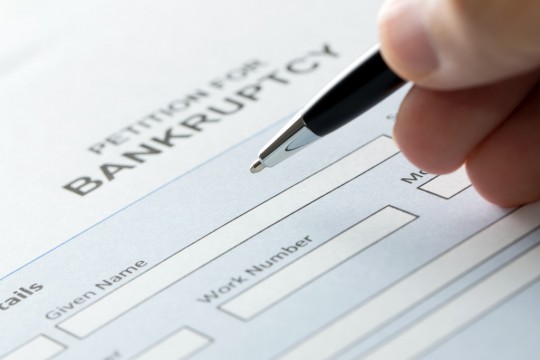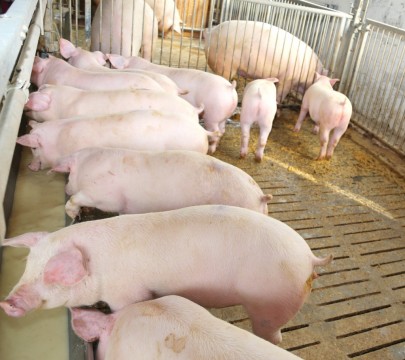You know the phrase ‘use it or lose it’? It’s one that will soon be applied to the British Pork industry. Since 2002, half the UK’s dairy farms have gone out of business because it costs more to produce milk than the mighty supermarkets will pay for it. Now the latest casualty in the supermarkets and cheap imports war is our pork farmers. Something MUST be done to protect our farmers and our food security, and it must be done NOW!
You don’t have to be economic genius to understand the problem. If it costs you more to produce a product than you can sell it for, your business goes down the pan. It’s as simple as that. That’s what happened with the UK’s milk industry and it’s what’s happening now with our pork industry. And our politically correct, short-sighted and blinkered government is sitting back and letting it happen.
How many times do you hear people say that farmers have loads of money? They drive four-wheel drive vehicles and they own land so they must be well off, mustn’t they? Well, farming isn’t a hobby or something country types do to fill their spare time when they’re not huntin’, shootin’ or fishin’. It’s a serious business and if our farmers are bankrupted, who exactly is going to feed the odd 64 million or so people in the UK?

Russia isn’t messing about. As a result of Western sanctions over the Ukraine crisis, it’s banned European food imports and is destroying all stocks of imported food. Because EU countries can’t export to Russia, the European market is flooded with pork. A surplus of any product drives down prices. This cheap pork is coming into the UK and being sold so cheaply that our farmers can’t match the price.
If you’re rubbing your hands together at the prospect of cheap meat, it’s time to examine your conscience and think about the real cost.
Farmers’ livelihoods
Currently, our pig farmers are losing £7 on every pig they send for slaughter. That’s a loss of about £70 million to our farmers and the economy each year, based on an average of 10 million pigs reared. That’s not sustainable.
Animal welfare
How can the UK congratulate itself on its animal welfare standards when it still allows the import of meat bred and reared in the most appalling conditions? Compassion in World Farming is currently fighting EU legislation that allows fully slatted flooring as the ‘best available technique’ for pig rearing.

Imagine living with countless other people in a tiny room with no windows, no furniture or trappings, and no sanitation. Floors are slatted to allow the excrement to drain through into what can only be described as cesspits. These animals don’t even have the basic comfort of straw to lie on. And that’s despite the 2013 change in law which was meant to prevent millions of pigs being reared in inhumane conditions.
You might be feeling smug thinking you’re buying British pork in the supermarkets. But are you? Having a Union Jack and the words ‘Packed in the UK’ doesn’t necessarily it’s British reared meat. It only means it’s packaged here. You don’t know where that animal lived and how it was treated.
I looked at Asda’s pork prices online recently. A joint of British pork shoulder stamped with the Red Tractor logo was priced at just £2 per kilo – that’s about 45p per lb if you’re not up to speed on metric measurements.
In simplistic terms, that works out at a total retail return of about £65 a pig. The average woman’s visit to the hairdresser costs more than that. And how much of that £65 goes to the farmer? Does the kindly supermarket giant bear the cost of the special offer – does it heck! It screws the underpaid farmer even more.
What’s the answer? Why are we putting up with this sort of exploitation and injustice? Yes, the Government needs to act. Perhaps we need to take a leaf out of Russia’s book and ban overseas imports and put our farmers first for once.
Why does an organisation like Red Tractor allow its logo to be used on meat that’s being sold for less than it costs to produce? Where’s the quality standard in that?
But wherever the blame lies, we, the great British public, have to take responsibility for it too. Every time we buy a piece of cheap meat, whether it’s UK reared or imported, we’re hammering another nail in the coffin of British agriculture. And I fear we’re rapidly approaching the ‘lose it’ end of the scale.

